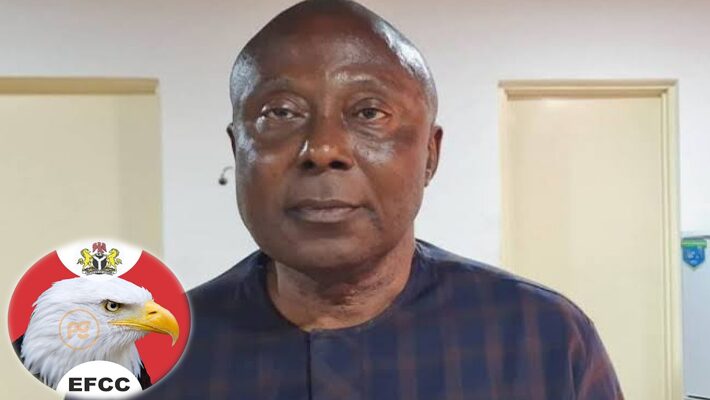- We’re Profiling Rich Nigerians for Tax Payment
The Minister of Finance, Mrs. Kemi Adeosun, on Thursday said that the Federal Government was currently profiling high net worth individuals to ensure that what they currently own as assets correspond with the amount they were paying as taxes.
She said this via a video posted on her Facebook page where she responded to questions from Nigerians about the implementation of the Voluntary Asset and Income Declaration Scheme.
The VAIDS offers a grace period from July 1, 2017 to March 31, 2018, for tax defaulters to voluntarily pay back to the government what they owed.
In exchange for full and honest declaration, the government promises to waive penalties that should have been levied and also waive the interest that should have been paid on overdue taxes.
In addition, those who declare their tax obligation honestly will not be subjected to any investigation or tax audit after the nine-month grace period.
The minister said Nigeria had one of the lowest tax compliance rates in the world with a tax to Gross Domestic Product ratio currently standing at six per cent.
She stated that with such a low tax-to-GDP ratio, the government needed to do all it could to shore up the tax revenue.
Adeosun explained that in the last 15 months, the Ministry of Finance had been building a database of high net worth individuals through information received from both local and international sources.
For instance, she explained that while the assets of some of the high net worth individuals had been obtained by the ministry through local sources, their assets owned abroad were obtained from the Panama Papers as well as other information supplied by countries, which Nigeria had tax treaties with.
The minister said a situation whereby policemen and other low income earners were paying taxes through deductions from their salaries, while high net worth individuals who should pay more, were evading payment was unacceptable to the government.
She added that the ministry would use technology to improve the rate of tax compliance.
Adeosun stated, “We only have 14 million taxpayers out of the 70 million active people. We are sharing tax information with other countries and this will help us draw a picture of taxpayers and their lifestyles.
“We are profiling high net worth individuals to enable us determine if what they pay as tax corresponds with their lifestyles. For 15 months, we have been doing that at the Ministry of Finance, and we are looking at their assets not only in Nigeria, but abroad.”
She explained that the Federal Government would implement its policy on luxury taxes.
The minister added, “We signed something yesterday (Wednesday) on luxury goods like champagne, brandy, whiskey, wines, and high-end jewellery. We’ve signed something that will bill access charge on first class and business class tickets; we are just doing the final parts of the implementation and we also want to try and amend the taxpayer book on high-end luxury cars.
“If we move our tax-to-GDP ratio up, it means we will be able to provide more services to our people. Many of the things we are not able to do are functions of the fact that we don’t have enough money.”
She explained that for the country to be called a rich nation, the citizens must be ready to pay the right amount of taxes to enable the government build roads, schools and other infrastructure.
Adesoun added, “We need to build more schools; we need to build more hospitals; we need to build more roads. This is not rocket science. Every country has challenges; there is nothing we are facing that other countries haven’t faced. Every poor nation has a very poor tax compliance rate, and every rich nation has a high compliance rate. So, we want to be a prosperous nation.
“So, what is in it for the citizens? If everybody pays, there will be far more money in the pool to be spent on the services that we need.
“These things are what we call public goods, and they are funded from taxes. If you have been all around the country, you’ve seen the need, you’ve seen the number of people that are living in poverty; we can lift people from poverty if we have the right money.”
She expressed satisfaction with the rate of response from Nigerians on the VAIDS scheme, adding that many companies are now willing to take advantage of the nine months amnesty period.


 Naira4 weeks ago
Naira4 weeks ago
 News3 weeks ago
News3 weeks ago
 Education4 weeks ago
Education4 weeks ago
 Social Media4 weeks ago
Social Media4 weeks ago
 Economy4 weeks ago
Economy4 weeks ago
 Investment4 weeks ago
Investment4 weeks ago
 Dividends4 weeks ago
Dividends4 weeks ago
 Business3 weeks ago
Business3 weeks ago




























